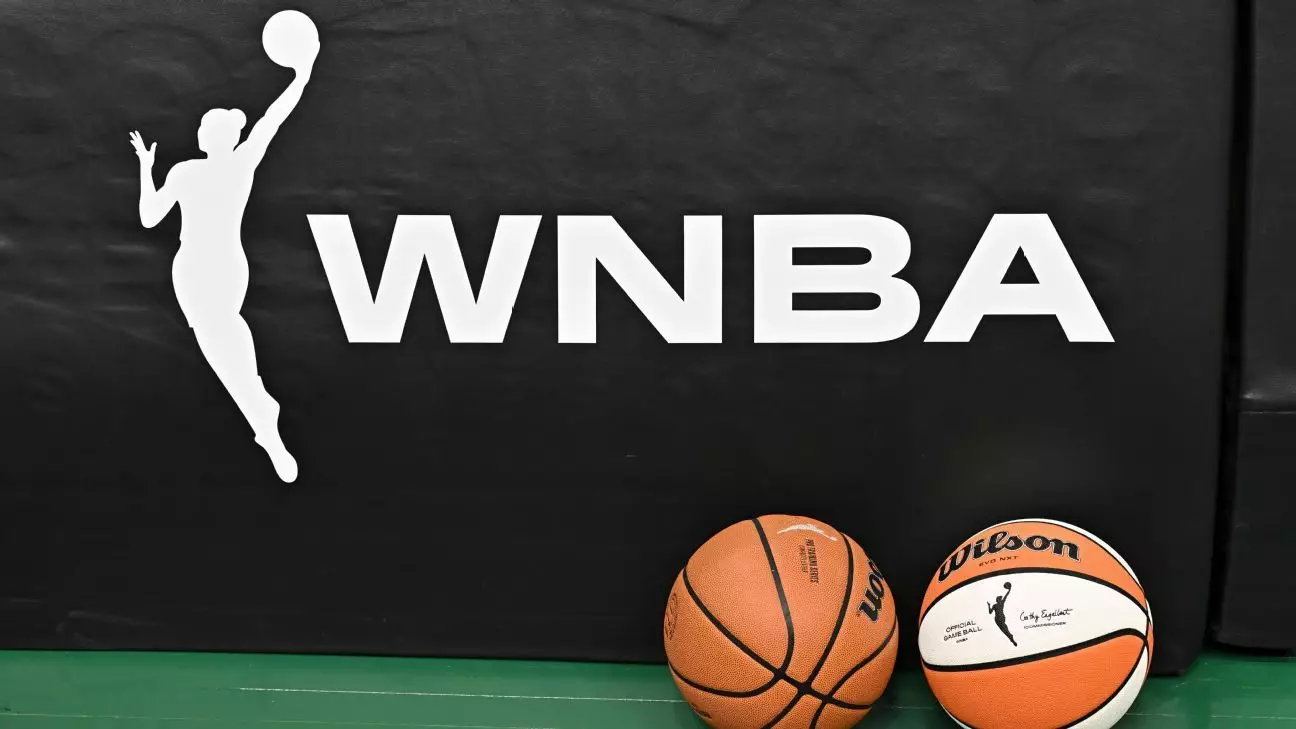The recent gathering of over 40 WNBA players, including prominent figures like Caitlin Clark, Paige Bueckers, and Angel Reese, signaled a significant moment in the league’s ongoing labor disputes. However, beneath this seemingly united front lies a harsh reality: the league’s refusal to truly address players’ core demands reveals a systemic imbalance that threatens the future sustainability of women’s professional basketball. This isn’t just about negotiations; it’s about confronting a culture that prioritizes profit over fairness, undermining the very foundation on which the league claims to stand.
Despite the media-driven narrative of progress—anubiquitous media rights deal, upcoming expansion plans, and rising team valuations—the core issue remains unspoken: players are still fighting to claim their rightful stake in a booming industry they helped build. The league’s optimism, expressed by commissioner Cathy Engelbert, often appears naive or detached from the stark reality that players’ work conditions, compensation, and long-term economic security are being systematically sidelined. The league seems content to parade its successes without acknowledging the sacrifices and dedication of the athletes who truly drive its growth.
The Power Imbalance: Who Benefits and Who Suffers?
A central contradiction in this negotiation saga lies in the league’s ability to celebrate record-breaking revenue while simultaneously dismissing players’ demands for a fairer share. The league’s projected $2.2 billion media rights deal and expansion ambitions, which come with hefty fees, create a narrative of prosperity. But that prosperity has yet to trickle down equitably. Players are rightly demanding accountability on how expansion revenues and media rights gains translate into improved salaries, benefits, and working conditions.
It’s disheartening that the league, which has never experienced a work stoppage since its inception, now faces the threat of a lockout if a new contract isn’t finalized. This situation exposes an alarming unwillingness to recognize the players’ indispensable role and to adjust the power dynamics accordingly. The league’s refusal to share the fruits of its economic success equates to a reinforcement of systemic injustices, where star athletes continue to be undervalued and undervalued until it’s politically convenient.
Furthermore, the league’s expansion plans—while portrayed as forward-thinking—may serve as a distraction from the immediate issues faced by current players. The additional $250 million expansion fees paid by new teams should serve as a catalyst for negotiations, not a tool to mask the stagnation in player compensation. Honest dialogue demands that these revenues be transparently allocated to empower athletes, not merely fund league growth.
Potential for Transformation or Further Exploitation?
The upcoming negotiations are a litmus test for the league’s willingness to evolve genuinely. Union leadership, led by Nneka Ogwumike, has shown resilience and clarity about their demands: a “transformational CBA” that fairly compensates players and ensures their sustainability within the league’s expanding ecosystem. Their push is not merely about short-term gains but about securing a more equitable future for generations of women athletes.
While league officials speak of “listening” and “constructive dialogue,” their words often ring hollow amid ongoing stagnation. True progress will require more than diplomatic exchanges; it demands a recognition that the current power imbalance is fundamentally unsustainable. An industry that claims growth should be willing to share its success honestly, rather than continuing a cycle of lip service and half-measures. Without a decisive shift, the league risks alienating the very athletes who carry its banner and pushing itself further into irrelevance — a danger that power brokers seem unwilling to confront.
In this crucible of negotiations, the question remains: will the WNBA embrace a genuinely inclusive and fair model, or will it continue to prioritize profits over people? If history is any guide, a real transformation requires not only bold leadership but also a recognition that the future of women’s professional basketball hinges on dismantling oppressive structures—before they become insurmountable obstacles rather than opportunities for growth.


Leave a Reply